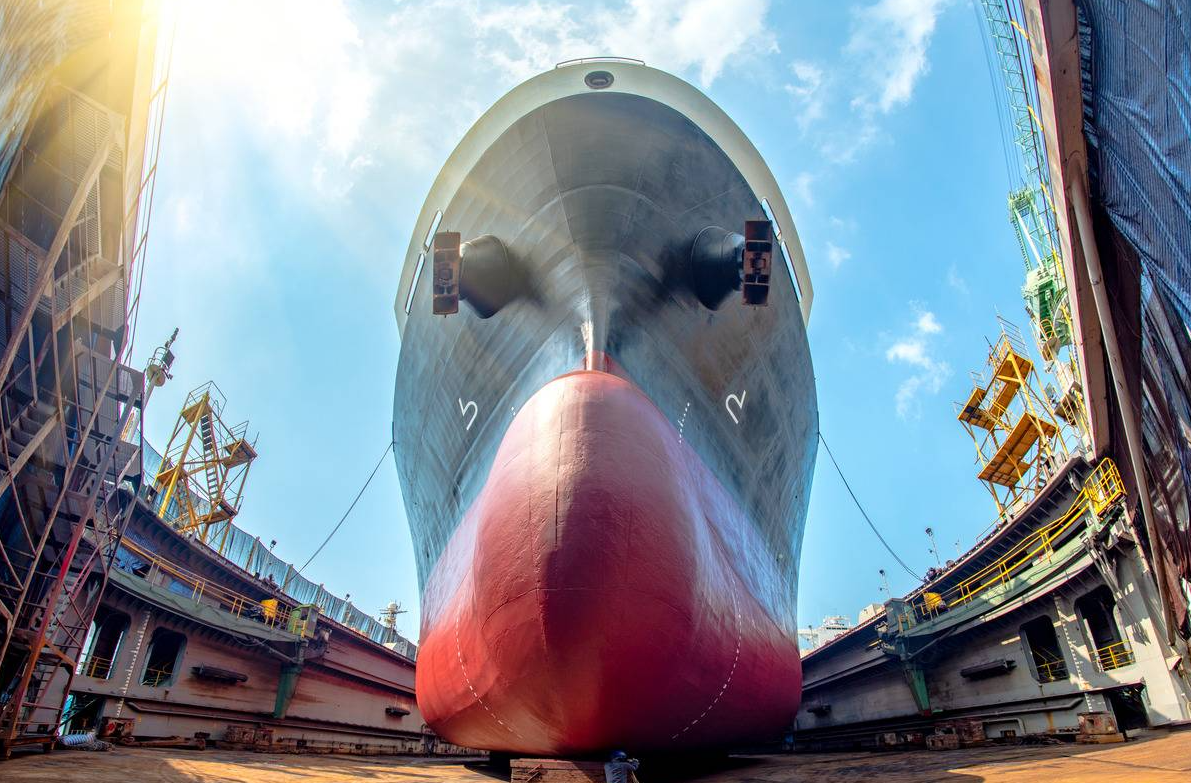On October 20 local time, in response to China’s countermeasures against Hanwha Ocean’s U.S. subsidiaries, U.S. Trade Representative (USTR) official Jamieson Greer stated that China’s actions constitute “retaliatory measures targeting global private enterprises”. He characterized this as a strategy to “influence U.S. politics and control global supply chains through economic coercion”, aimed at obstructing foreign investment in the U.S. shipbuilding industry. Greer further asserted that “intimidation will not prevent the United States from rebuilding its shipbuilding base”.
Earlier, the U.S. State Department smeared China’s legitimate countermeasures as “irresponsible” and “interference in corporate operations”, claiming they “undermined U.S.-South Korea cooperation in revitalizing the American shipbuilding industry”. A State Department spokesperson went so far as to falsely assert in a statement: “China’s actions… represent the latest example of its longstanding attempts to coerce [South Korea].”
The U.S. response underscores its anxiety over strategic interests being undermined, demonstrating that China’s sanctions against Hanwha have precisely targeted a critical component of the “Make American Shipbuilding Great Again” initiative.
According to Reuters, a senior South Korean official stated that China’s sanctions against five U.S.-related subsidiaries of South Korea’s shipbuilder Hanwha Ocean—achieved by halting supplies of Chinese equipment and materials—could impact shipbuilding cooperation plans between the U.S. and South Korea.

On October 14, China imposed countermeasures against five U.S.-related subsidiaries of Hanwha Ocean. These subsidiaries assisted and supported relevant U.S. government investigations, thereby jeopardizing China’s sovereignty, security, and developmental interests. China’s Ministry of Commerce has prohibited organizations and individuals within China from engaging in transactions or cooperation with these five U.S.-related subsidiaries of Hanwha Ocean.
Meanwhile, China and the U.S. simultaneously imposed additional port fees on each other’s vessels, marking the latest escalation in their prolonged trade dispute ahead of a planned meeting between the two countries’ leaders.
The five U.S.-related subsidiaries are: Hanwha Shipping LLC, Hanwha Philly Shipyard Inc., Hanwha Ocean USA International LLC, Hanwha Shipping Holdings LLC, and HS USA Holdings Corp. Among these, Hanwha Philly Shipyard Inc. (formerly Philly Shipyard) appears on the sanctions list. Hanwha Group, the parent company of Hanwha Ocean, acquired it for $100 million at the end of 2024 and subsequently renamed it.
The shipyard not only undertakes new projects but also provides multiple services including repairs, overhauls, and modifications. Hanwha Group plans to establish it as a key base for the U.S. Navy’s shipbuilding and maintenance, repair, and overhaul (MRO) operations, and has announced a $5 billion investment for expansion and upgrades.
Hanwha Shipping LLC, also included on the sanctions list, recently placed an order for 12 new vessels with Hanwha Philly Shipyard.
South Korea has pledged to invest $150 billion in the U.S. shipbuilding industry, advancing the goal of “Make America Shipbuilding Great Again” (MASGA) to support President Trump’s efforts to revitalize the U.S. shipbuilding sector and catch up with China.
South Korean officials stated that the U.S. shipbuilding industry and its supporting sectors have declined to the point where they can no longer achieve self-sufficiency in domestic materials and components. Seok Jong-gun, head of the Defense Acquisition Program Administration, remarked during the National Assembly’s Defense Committee audit on the 17th: “Sanctions inevitably have an impact”.
He added, “The reality is that the Hanwha Philly Shipyard cannot achieve self-sufficiency for all the materials and equipment it requires within the United States. Therefore, if we need to transport large quantities of critical supplies from South Korea to the United States, we will inevitably face numerous obstacles created by sanctions and other measures. I believe this will ultimately have a negative impact on the ‘Make American Shipbuilding Great Again’ initiative.”
Hanwha Group disclosed in the document that it also operates a shipyard in Shandong Province, China, responsible for constructing modules of ship components. These modules will be shipped to shipyards in South Korea for final assembly.
Analysts point out that while China’s sanctions may not yield immediate effects, they could signal China’s intention to adopt more stringent measures against South Korean shipbuilders collaborating with the the U.S.
South Korean lawmaker Yu Yong-weon estimates that Chinese sanctions will inflict $60 million in losses on Philly Shipyard. While he did not provide specific details for this estimate, he highlighted the potential impact of supply disruptions and delayed vessel deliveries resulting from the measures. He emphasized: “This is not merely a trade issue; it is a major event concerning our nation’s economic security and industrial competitiveness.”
Notably, Hanwha Ocean’s two major domestic competitors—HD Hyundai and Samsung Heavy Industries—are also closely monitoring the U.S. initiative to rebuild its maritime capabilities and plan to invest in the U.S. shipbuilding industry.


